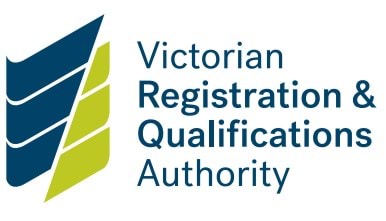About the Standard
Establish a culturally safe environment in which the diverse and unique identities and experiences of Aboriginal children and young people are respected and valued.
This Standard focuses on acknowledging and respecting Aboriginal culture and the safety and wellbeing of Aboriginal children.
It is important to note that this Standard applies even if you consider there are no Aboriginal children at your provider.
How to comply
A non-school provider must ensure that they:
- develop a policy or statement or revise existing ones (for example a Child Safety and Wellbeing Policy) that:
- commits to a culturally safe environment for Aboriginal children
- includes a no-tolerance approach to racism and measures to identify and confront racism with appropriate consequences
- support Aboriginal children to express and enjoy their cultural rights
- support the participation and inclusion of Aboriginal children and their families
- provide training to staff and volunteers to understand the importance of Aboriginal culture and understand its importance to the wellbeing and safety of Aboriginal children.
Examples of compliance
A non-school provider complying with this Standard may:
- provide opportunities to engage with the local Aboriginal community
- display plaques to acknowledge traditional owners
- instruct students about Aboriginal history and culture
- update existing policies (for example the student code of conduct, student and staff handbooks, bullying and complaints policies) to ensure all instances of racism by students, staff, volunteers or visitors are addressed with appropriate consequences
- place leaders at the front of anti-racist action
- engage with local Aboriginal communities, Aboriginal families or staff to:
- seek advice on how to create a culturally safe environment
- ask for feedback and input into policies, procedures and practices
- identify ways to respect and value Aboriginal culture through teaching and learning
- provide incursions for students
- provide Aboriginal cultural training to staff and volunteers
- use a Welcome to Country or an Acknowledgement of Country
- celebrate NAIDOC week
- fly the Aboriginal and Torres Strait Islander flags.
Updated


